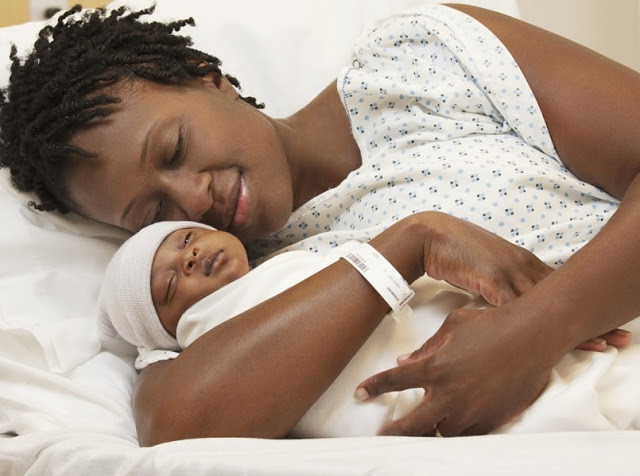Dr. Aditi Tandon
Women have a limited reserve of eggs that keep depleting as one ages. Also, aging has been found to reduce the quality of the eggs a woman produces.
At what age this decline occurs is essentially genetically determined, but on an average, there is a steep decline in the quality and quantity of eggs after the age of 35.
This is unlike that of males, where sperm production continues and aging has minimal effects on it.
While a man of 45 can easily become a father, at that age or above, it becomes increasingly difficult for a woman to conceive.
In this regard, I’d say women are at a disadvantage in reproduction and are also the gender with the higher levels of fertility stress than their male counterparts.
But, thanks to scientific breakthroughs, there is now hope!
Egg freezing, also called oocyte cryopreservation is here to allay your fears.
Let’s say you are reaching 30 years of age and have not yet found the right partner.
Or you are ambitious and you wish to pursue your education or career goals before you want to settle down. You want to be financially independent before you are ready to take the plunge.
Your biological clock isn’t going to slow down for any of these to happen. So the best tactic might be to have your eggs frozen…until you are ready.
The top class of women who should consider freezing their eggs include:
1. Young women or adolescents undergoing chemotherapy or radiation for cancer which places them at a higher risk for infertility in the future.
2. Women with genetic mutations like BRCA 1 and BRCA 2 or HNPCC that are at a high risk of developing ovarian cancer, where the ovaries need to be surgically removed as a preventive measure.
3. Other reasons could include a family history of Premature Ovarian Failure or early menopause, where the biological clock runs faster than normal.
***
Egg freezing, or oocyte cryopreservation, isn’t new.
The first baby conceived with an egg that had been frozen was born in 1986, over 30 years ago!
In 2012, The American Society for Reproductive Medicine (ASRM) published a guideline about oocyte cryopreservation no longer being experimental, but now safe.
The success of oocyte cryopreservation has improved dramatically and the data for its safety is even more reassuring.
Freezing the eggs at an earlier age allows the woman to save eggs of better quality that can help her to conceive rather than the limited and poor quality eggs expected beyond 35 years of age.
Women that elect to freeze their eggs are essentially well educated, forward thinking and are in more control of their reproductive future.
It has its emotional benefits which leave the woman not stressed and not facing any difficulty to conceive as her age advances.
According to infertility specialist Dr. Sudha Tandon, who has devoted over 20 years in this field, egg freezing has been a rising trend in the urban population in the last few years.
She quotes “Fertility preservation by way of Egg or Embryo freezing is an excellent option that every woman must be aware of.”
It is also important to note that while egg freezing can be extremely beneficial, it comes with a prize!
It cost about $10,000 to harvest eggs from the ovaries, after a woman has taken medications for several weeks to stimulate egg production.
Then the eggs need to be frozen and stored, at a cost of about $500 a year.
Each time eggs are thawed, fertilized and transferred to the uterus with IVF it costs about $5,000!
***
Dr. Aditi Tandon is a gynecologist at Sudha Tandon Fertility, IVF and Endoscopy Center.
She has a keen interest in Gynaecological Endoscopy and Infertility Management.



